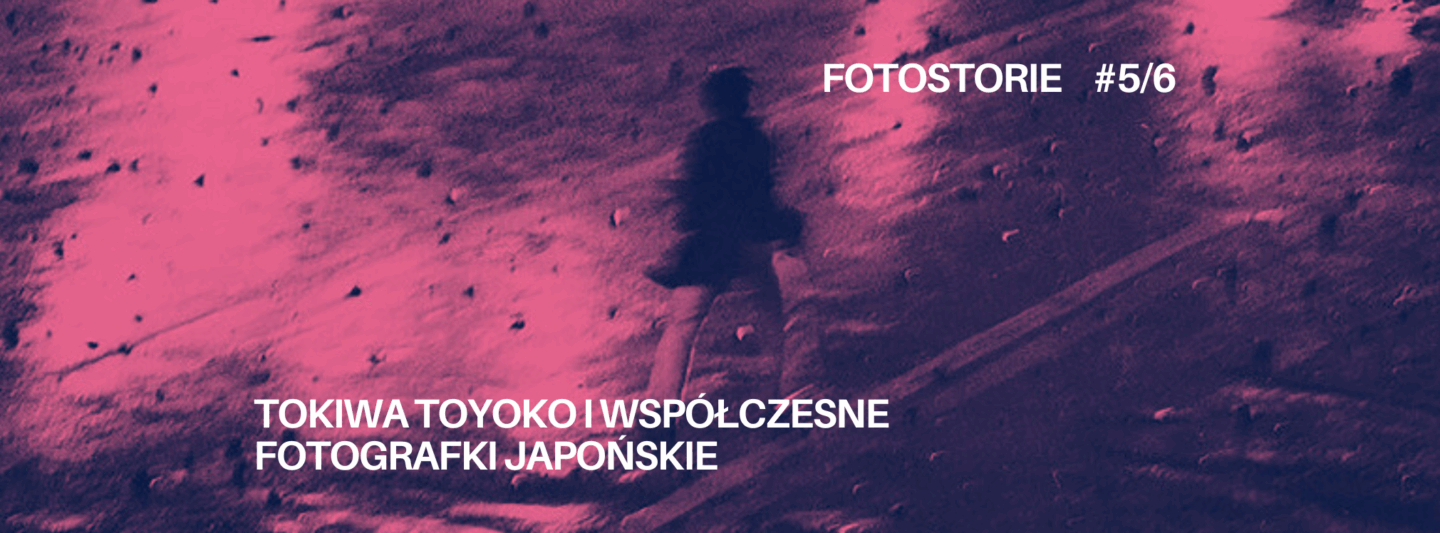
TOKIWA TOYOKO AND CONTEMPORARY JAPANESE PHOTOGRAPHERS
Photography appeared in Japan in the mid-19th century, shortly after the country opened up to the West, and quickly became an important medium for documenting social, moral, and cultural changes. Although it was long dominated by men, women played an important, if long-overlooked, role in shaping its history.
Among them, we can find such groundbreaking figures as Yamazawa Eiko, who was the first woman to run a professional photography studio in Osaka; Sasamoto Tsuneko, the first female photojournalist to document life during the war; and Ushioda Tokuko, known for her tender, everyday portraits of domestic spaces. Each of them used photography differently, but all of them present an alternative story about Japanese visual culture – a story created from the perspective of a woman’s gaze.
During the lecture, we will look at selected female artists, with particular emphasis on the work of Tokiwa Toyoko – one of the most expressive female photographers of the 1950s. Her photographs of women at work – from pearl divers and bus drivers to sex workers and wrestlers – are not only a document of the era, but also a moving portrait of social invisibility. Tokiwa’s sensitivity and consistent interest in women’s everyday lives allow us to see how photography can become both a form of resistance and empathy.
LEADING:
Aleksandra Szwedo – art historian, curator and photography researcher, specializing in the history of women in this field and alternative photographic narratives. Author of the lecture series “One. Historie fotografek” and “Photo Brut. Fotografia na granice”. As an assistant professor at the National Museum in Wrocław, she examines changes in the perception of photography, from a documentary medium to a tool of feminist expression, especially in the context of selfie feminism. Her research and curatorial activity aims to discover and promote the work of women who have been marginalized or ignored in the history of photography.
Admission is free.

